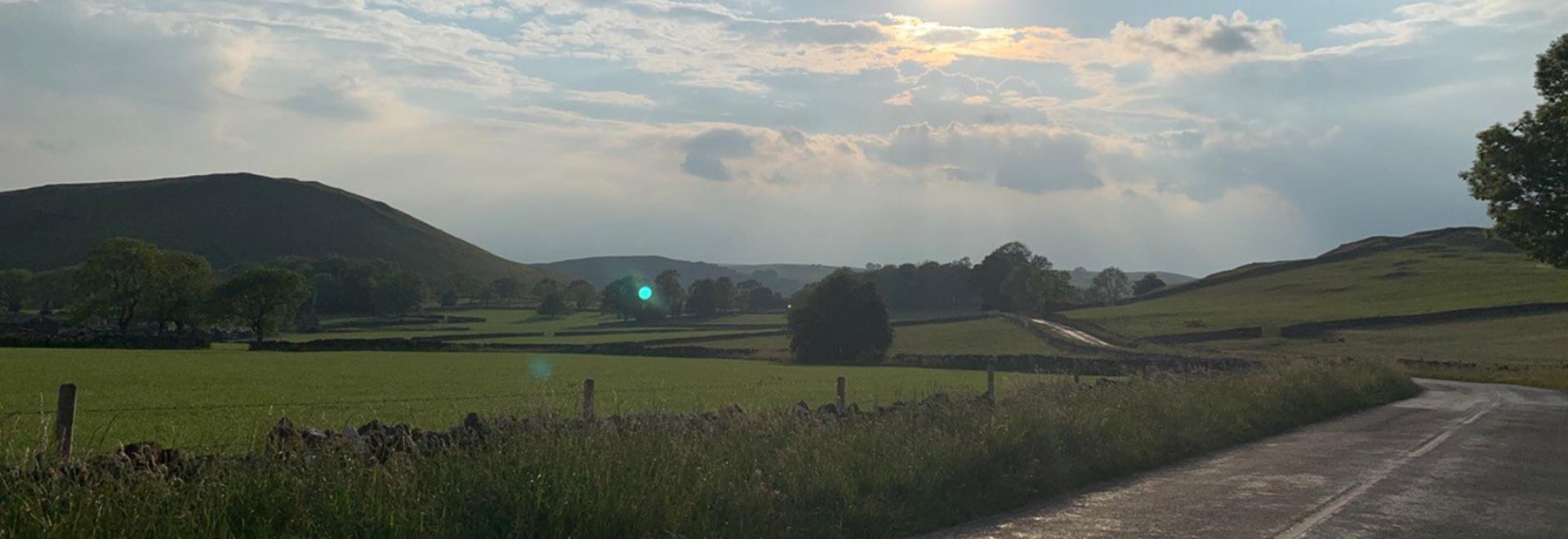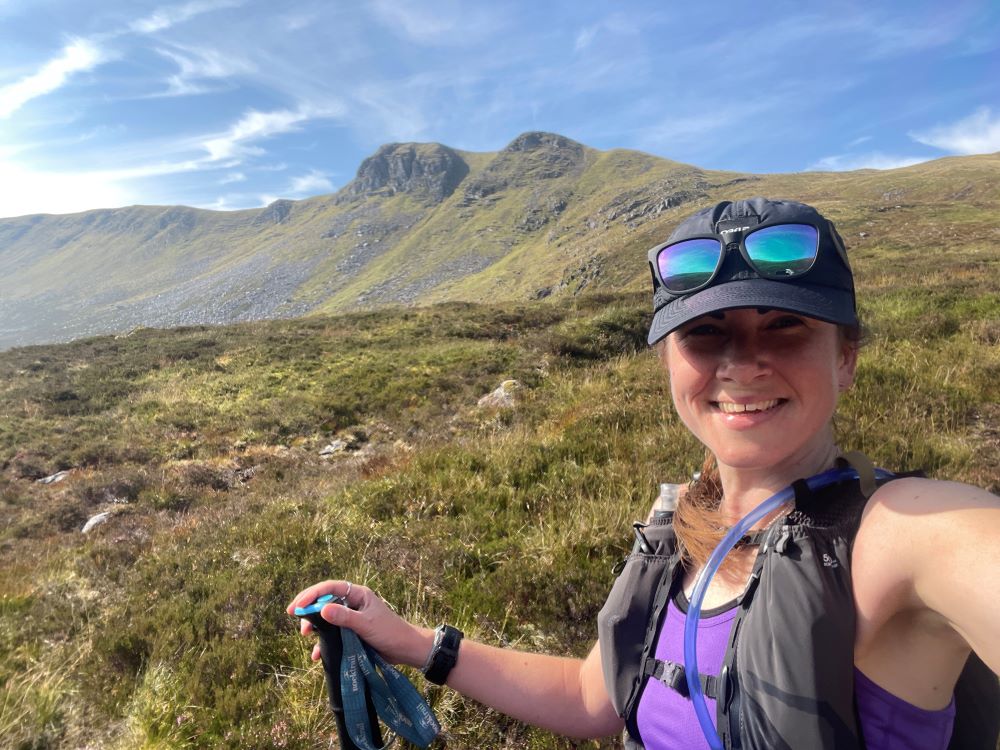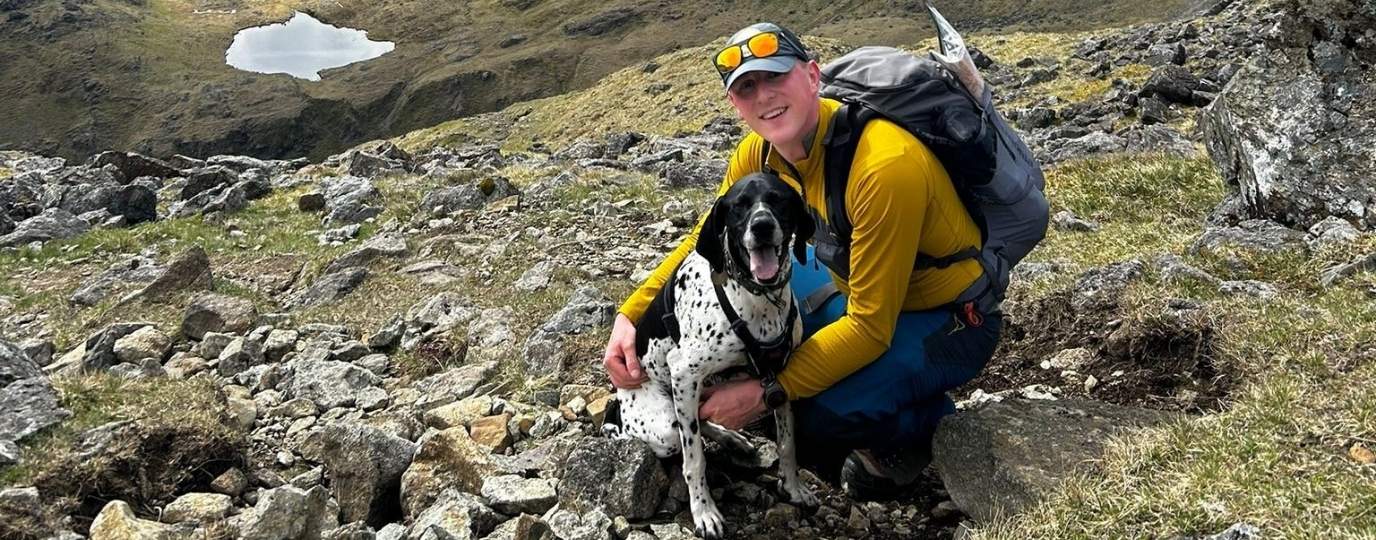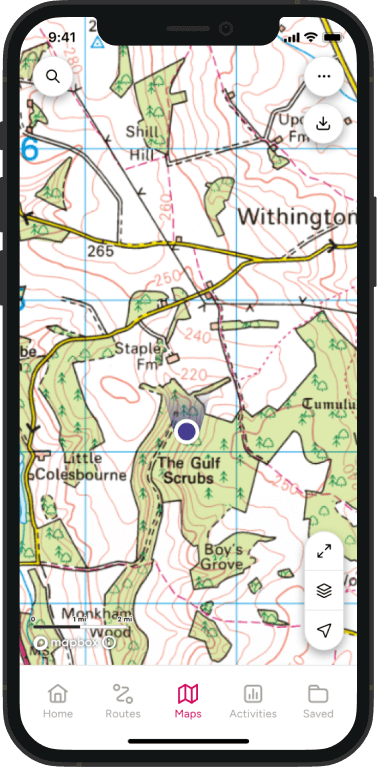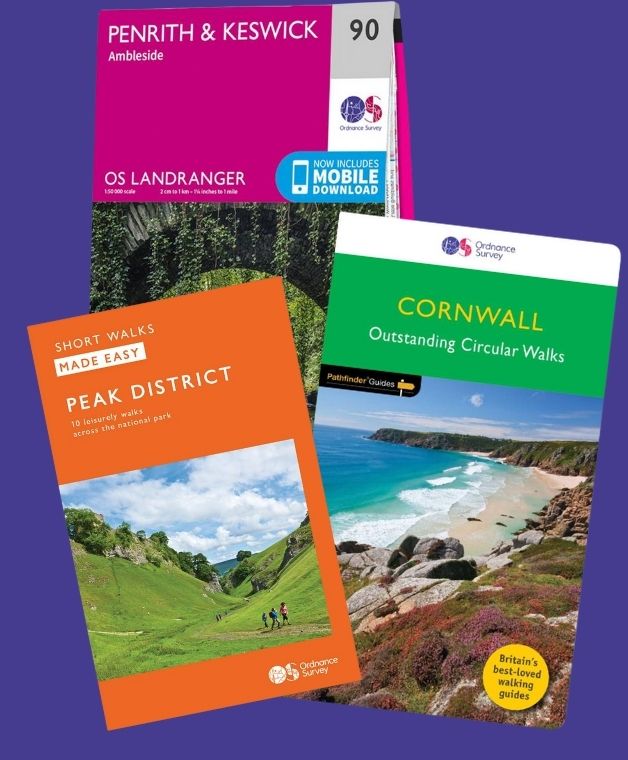Where did the idea of ‘Leave No Trace’ originate?
Tread gently, move quietly, respect peacefully… The idea of Leave No Trace was created in the USA during the 1960’s due to the increase of land use by the public. Since then its principles have spread across the world!
Here are a few tips to help you ‘Leave No Trace’…
Plan ahead and prepare
“Prep, prep, prep” is a phrase I say time again, about going outdoors. Though things always change, if we’re prepared, we can deal with those changes and have a much better experience. We can save time, reduce pollution and enhance safety.
Learning to navigate well will help!
- Are there any special regulations or restrictions for the area you’re visiting?
- Check the weather forecast and plan for emergencies or hazards
- Try to plan your visit at times of low use (who wants to sit in a traffic jam anyway?)
- Repackage food to minimise waste and weight
- Practice good navigation skills to eliminate wandering, creation of excessive ground damage and the need for unnecessary cairns
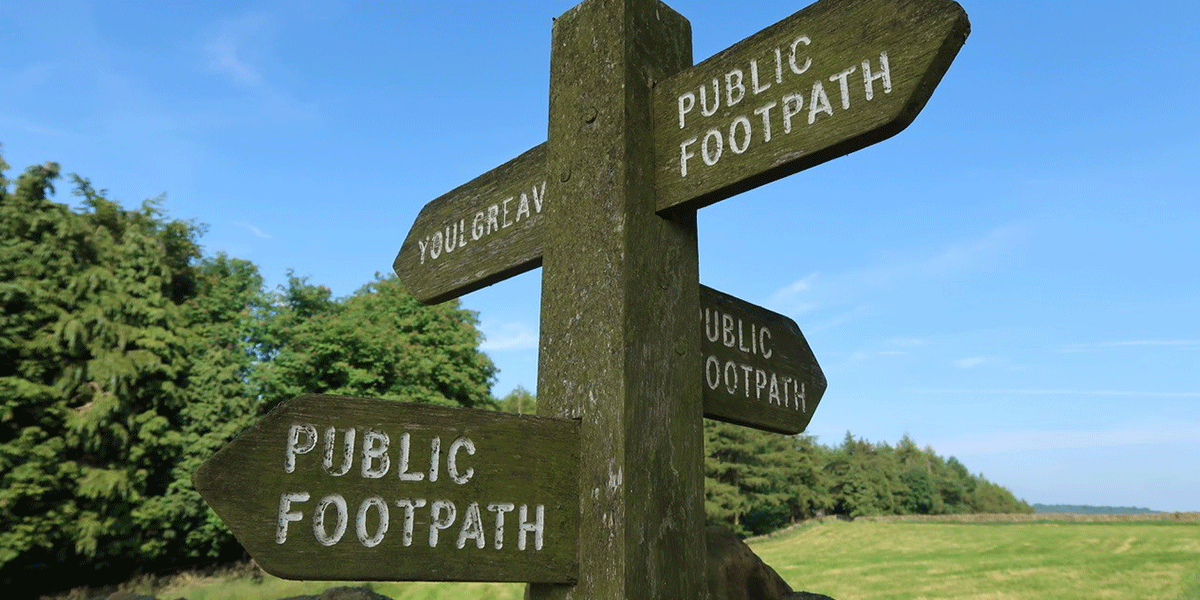
Be considerate of others
Whilst it’s fun to scream out from a Mountain Top or play loud music on your iPad, please remember that the outdoors is not just for you. Other people walk/climb/cycle etc. too, and nature lives there.
- Respect other visitors, residents and those working and protect the quality of their experience and livelihoods
- Be courteous. Yield to others on the path particularly at pinch points such as gates or stiles.
- Take breaks and camp away from paths and other visitors (I wild camp well away from Rights of Way)
- Let nature’s sounds prevail. Birdsong is always preferable to loud voices.
Respect farm animals and wildlife
In Great Britain we have a huge reliance on farming. The reason that our landscape has evolved is mainly due to livestock and agriculture. However, animals are not toys and working farms are not places for petting livestock.
Insects, reptiles, birds and mammals also feel the pressure of human intervention.
- Observe wildlife from a distance. Do not follow or approach them (binoculars are good)
- Never feed animals. Feeding wildlife damages their health, alters natural behavior, and exposes them to predators and other dangers (recently a friend lost a cow and calf due to people leaving litter in a field)
- Protect wildlife and your food by storing food and waste securely
- Control pets at all times, or leave them at home
- Avoid wildlife during sensitive times such as mating, nesting, raising young, or during winter.
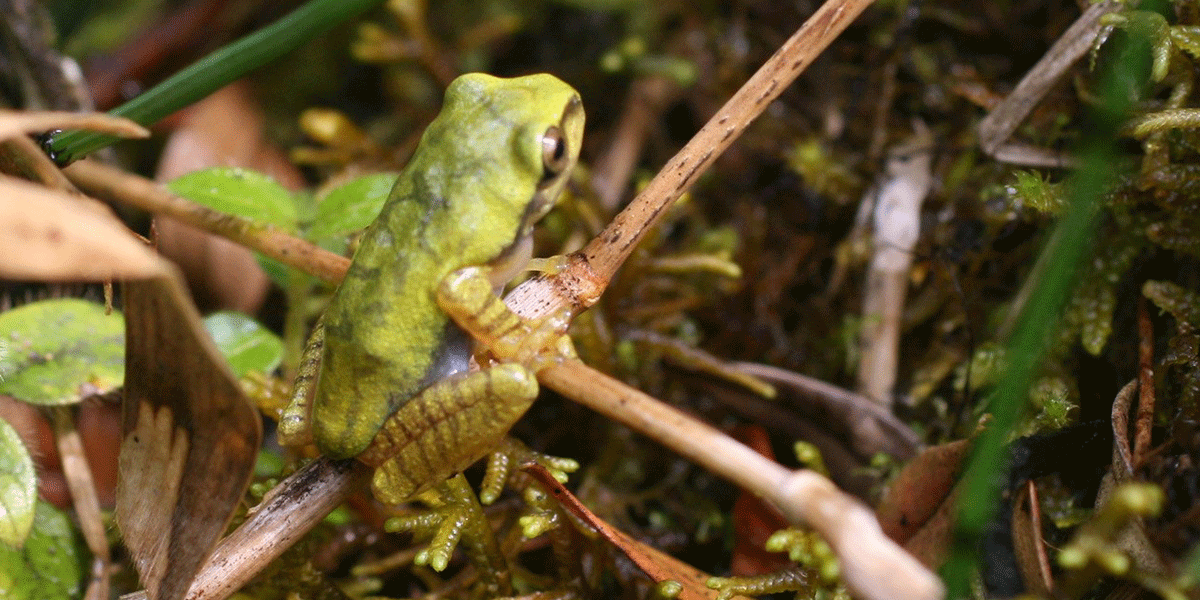
Travel and camp on durable ground
As humans we put a great deal of pressure on the land. Sheer weight of numbers mean that popular areas become heavily eroded very quickly. The following figures (based on the number of people per sq. km in 2018) speak volumes.
In the UK…
- Scotland – 70
- Northern Ireland – 138
- Wales – 151
- England – 427
- The UK as an average – 272
Compared to some of our European neighbours…
- Spain – 92
- Republic of Ireland – 68
- Norway – 14
- Iceland – 3.4
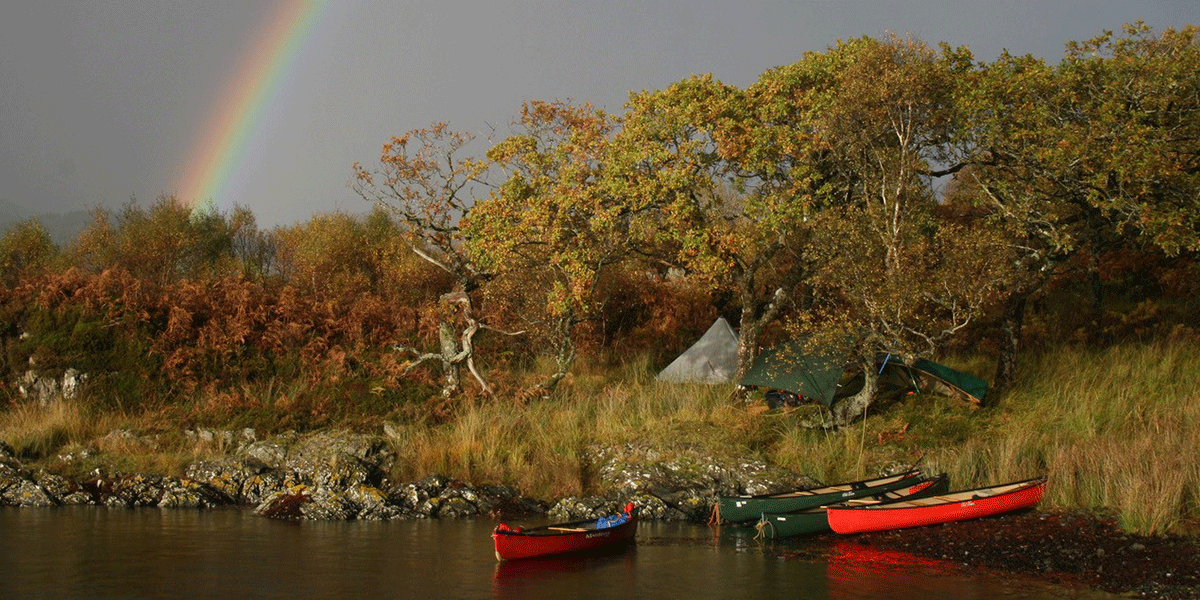
Durable surfaces include established paths and campsites, rock, gravel, sand, dry grasses or snow. The BMC and National Trust have been working to restore some of the most eroded paths in the UK and many long distance paths have been surfaced, but we must remain vigilant.
- Protect water courses by camping at least 75 metres from lakes and rivers
- Good campsites are found, not made. Altering a site is not necessary (no damaging trees, moving rocks or digging!)
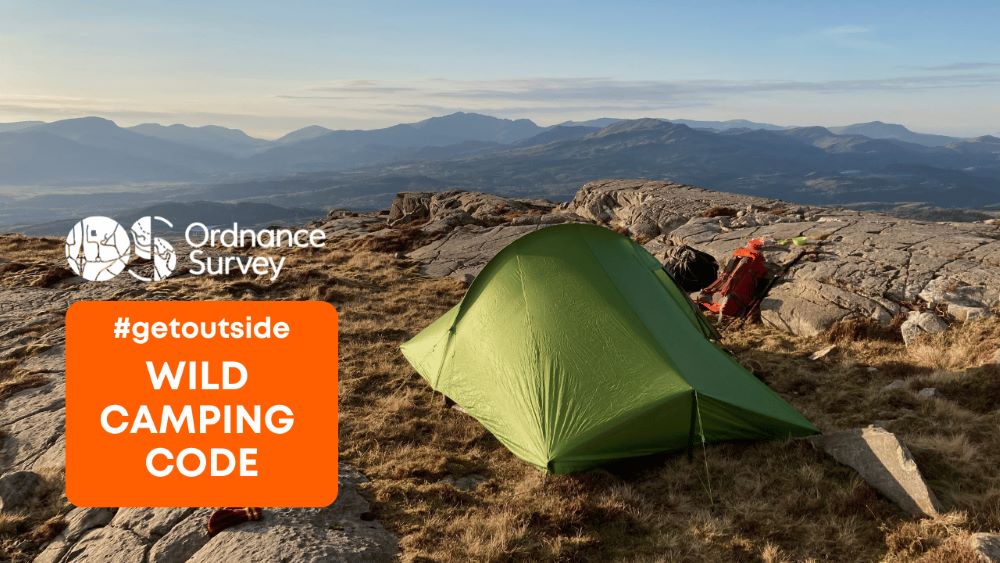
In popular areas…
- Concentrate use on existing paths and campsites
- Walk single file in the middle of the path, even when wet or muddy (get your gaiters on!)
- Keep campsites small. Focus activity in areas where vegetation is absent or the ground is durable enough.
In pristine areas…
- Disperse use to prevent the creation of campsites and paths
- Avoid places where impacts are just beginning.
Leave what you find
Whilst it’s very tempting to build cairns, make seats, throw stones and pick flowers, the countryside is a surprisingly delicate place. There are also a great many historical sites which require long term preservation.
- Preserve the past: examine, but do not touch, cultural or historic structures and artifacts
- Leave rocks, plants and other natural objects as you find them (and leave dry stone walls alone!)
- Avoid introducing or transporting non-native species
- Do not build structures, camp ‘furniture’, or dig trenches.
Good campsites are found not made.
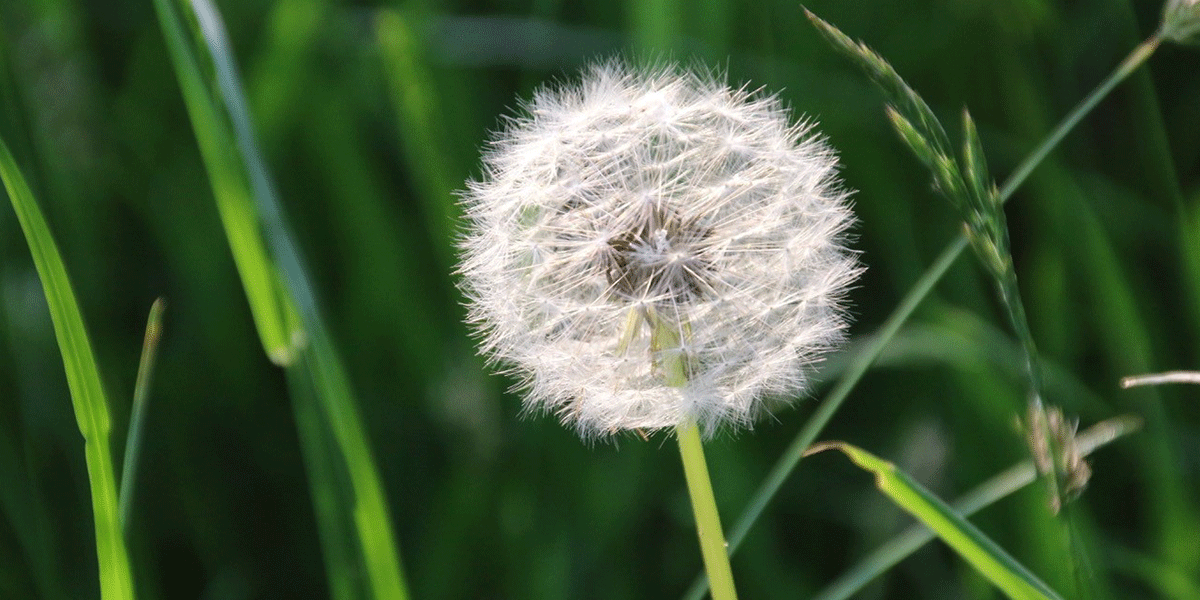
Dispose of waste properly
Will someone please tell me why folk bag up dog muck and leave it on the path?!
Here’s a few timescales of waste decay (these depend on good soils and plenty of bacteria to help).
Paper – 2-4 weeks
Banana skin – 3-5 weeks
Wool hat – 1 year
Cigarette butt – 2-5 years
Disposable nappy – 10-20 years
Tin can – 80-100 years
Aluminum can – 200-400 years
Glass Bottle – 1000’s of years (ask the Egyptians)
As humans, we create many types of waste. We have no right to leave any of them for others or nature to find.
Consider the waste facilities of the area that you’re in. Should you really leave your group waste in remote bins which can’t cope, or take it home?
- Carry it in, carry it out. Inspect your campsite and rest spots for rubbish or spilled foods. Carry out all rubbish, leftover food, and litter. Dispose of any waste in facilities which can deal with it correctly.
- In most situations deposit solid human waste in holes dug 15 to 20 cm deep at least 75 metres from water, camp, and paths. Cover and disguise the hole when finished.
- In some situations it may be appropriate to deposit solid human waste directly into the sea or to smear over bare rock
- Ideally carry out toilet paper and hygiene products and in some situations solid human waste e.g. when there is heavy snow cover
- To wash yourself or your dishes, carry water 75 metres away from rivers or lakes and use small amounts of biodegradable soap. Scatter strained dishwater widely into the undergrowth.
Another way you can make a difference is to join Plastic Patrol and help clean up our waterways!
Minimise the effects of fire
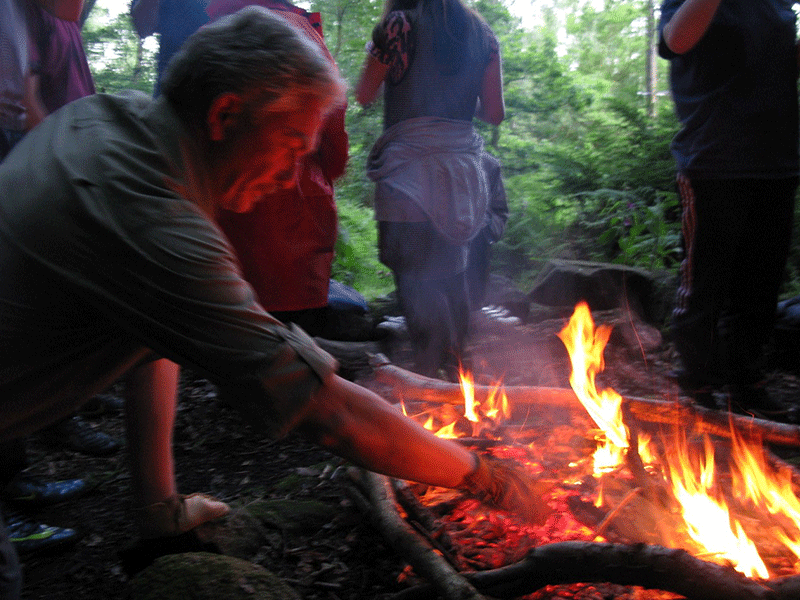
There have been fires in the Peak District National Park on many occasions. One such fire was a large moorland fire near Lads Leap in the Longendale Valley.
Under every sod of turf a fire was raging and many volunteers dug, hosed and beat until exhausted, covered in ash and coughing up dust.
The fire had been started by a scourge of convenience – the disposable BBQ. You only have to go your local park to find black, burned squares on the grass.
It has far reaching impacts. Farming today reported recently that the recent fire on Saddleworth Moor not only destroyed miles of countryside, but also stripped a farmers land, burned his livestock and cost thousands in transport and finding new grazing.
Fire is not to be underestimated. Fire is not a toy. Fire is not a joke.
- Campfires can cause lasting impacts to the outdoors. Use a lightweight stove for cooking and enjoy a candle lantern or LED lamp for light
- Where fires are permitted, use established fire rings, fire pans, or mound fires. Always check for restrictions due to dry conditions
- Keep fires small. Only use sticks from the ground that can be broken by hand (no tree stumps!)
- Burn all wood and coals to ash, put out fires completely, douse heavily and scatter cool ashes.
When you think of Leave No Trace, imagine people coming into your house or garden. Would you like them leaving litter, making noise, moving things around, treading on your flowers, stealing your property, lighting fires and piling in by the thousand?
If not, then treat the outdoors the same.
It’s nature’s house…
READ UP ON THE COUNTRYSIDE CODE
Read our Guide to Wild Camping
